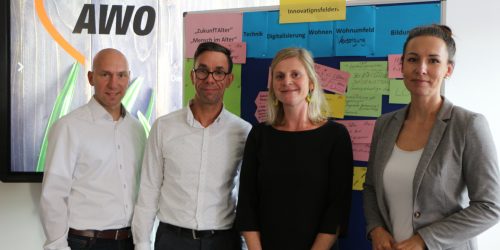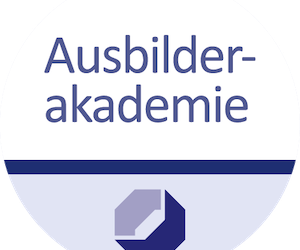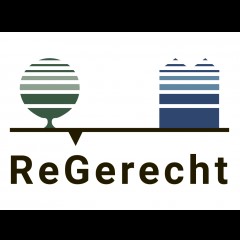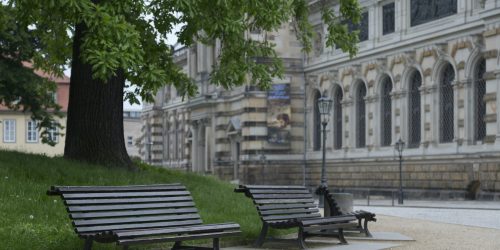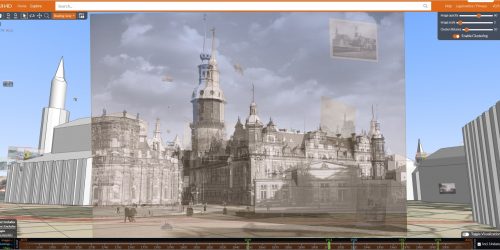The WIR alliance “ZukunfTAlter” is committed to making Upper Lusatia a place worth living in!
Upper Lusatia will face many challenges in the future. These include demographic changes, the departure of the younger population to urban centers, the phase-out of coal and the associated problems with regard to employment and income. Nevertheless, Upper Lusatia as a region is characterized by a high degree of heterogeneity and diversity. Not least declared a "land of many opportunities", Upper Lusatia offers potential and breeding ground for innovations. The...

